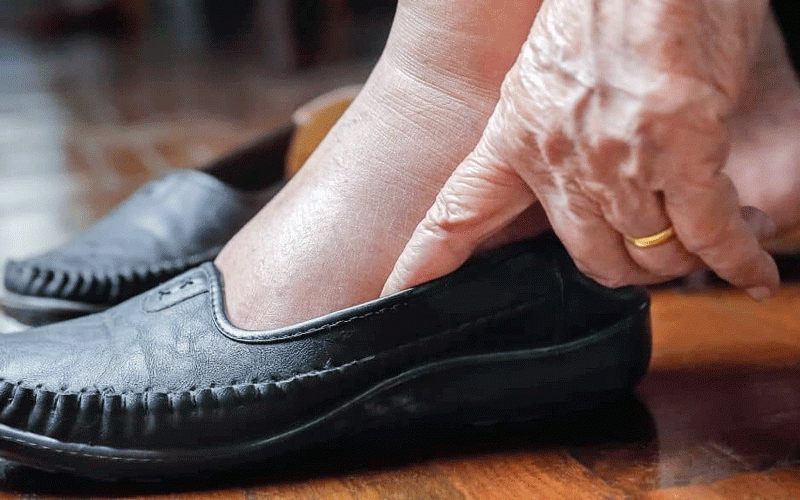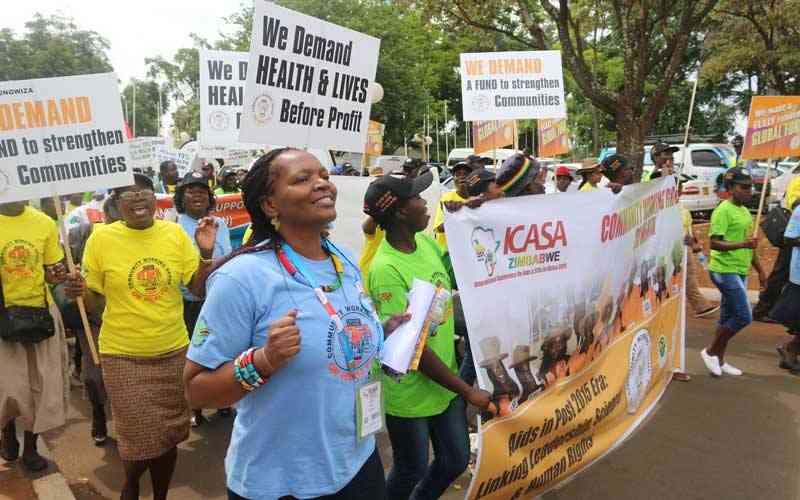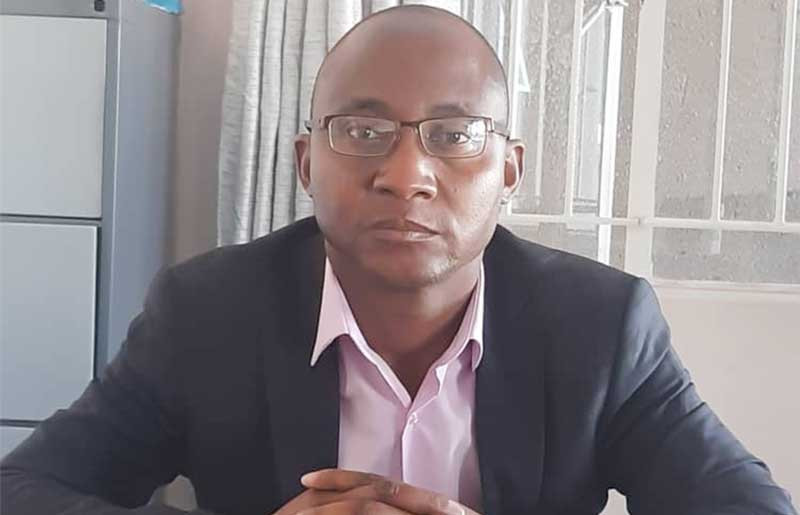
Addressing a health workshop in Harare last week, World Health Organisation (WHO) country representative in Zimbabwe Dr Custodia Mandlate said African countries must finalise their national plans to access funding from the World Bank to enable them to control the diseases.
“As countries, there is need to scale up our NTD control programmes in ways that attract funding as well as deliver quality results for the populations that we serve,” said Mandlate.
“We must also continue to lobby for increased political commitment towards the eradication of NTDs and work towards fulfilling the modalities of accessing funding under the community health systems strengthening funding window of the World Bank,” she said.
WHO has identified at least 14 tropical diseases most prevalent in African countries and that deserve urgent attention. These include leprosy, buruli ulcer, trachoma, yaws, sleeping sickness, river blindness, lymphatic filariasis and bilharzia.She said NTDs were the cause of much suffering for Africans.
A World Bank official Chris Lovelace said there are substantial resources set aside to support total elimination of NTDs in African countries.
“Issues of stewardship, good governance, efficient health delivery systems and free flow of information among others are critical components that synergise WB efforts and commitment to realising successful implementation of NTD interventions,” said Lovelace.
He said despite the current global recession, the WB is committed to financing health programmes through Global Fund and providing technical support for successful implementation to make people’s lives better.
“The WB will continue its oversight role for the elimination of these diseases while expanding trust funds to support their control,” he said.
- Chamisa under fire over US$120K donation
- Mavhunga puts DeMbare into Chibuku quarterfinals
- Pension funds bet on Cabora Bassa oilfields
- Councils defy govt fire tender directive
Keep Reading
“The WB is flexible and not rule bound and as such we support different proposals taking into cognisance that particular country’s priorities. However, countries should come up with funding proposals that are more results oriented. We are more than eager to financing results- based proposals than resource- based ones,” he said.Participants at the workshop were drawn from 15 African countries.











